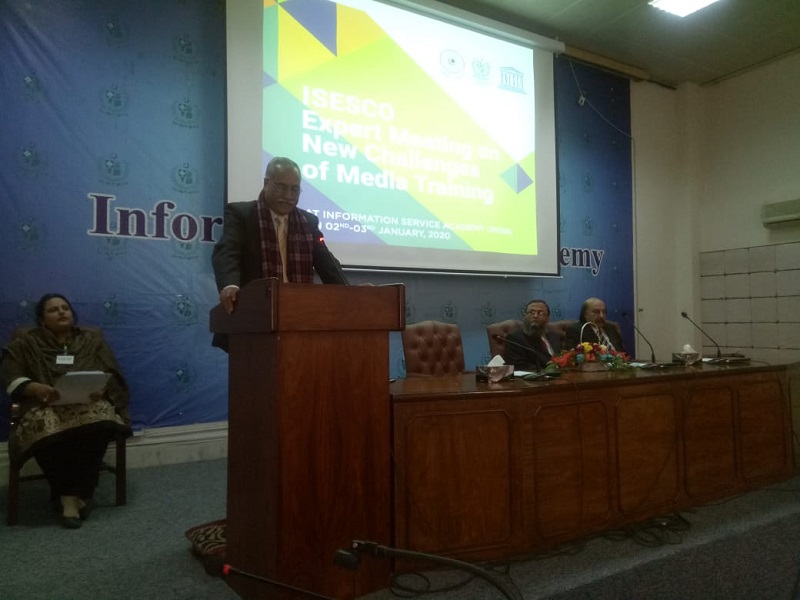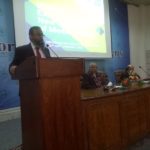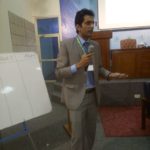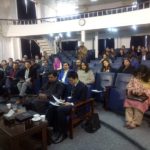ISLAMABAD, Pakistan: The two-day “National Experts Meeting on New Challenges of Media Training” began at the Information Service Academy (ISA) in Islamabad on Thursday.
The event is being organized by the Islamic Education, Scientific and Cultural Organization (ISESCO) in collaboration with the Pakistan National Commission for UNESCO (PNCU) and ISA.
On the first day, the “Experts Meeting on New Challenges of Media Training” had three Sessions titled ‘New Media Training: The adequacy of Curriculum’, ‘Conventional Media to New Media: Shifting Rules and Emerging Trends’, and ‘Digital Media and Data Journalism: Building Capacities’.
The Director General of Information Service Academy Mr. Zahoor Ahmad Barlas and the Federal Secretary for Federal Education and Professional Training Dr Sajid Yoosufani were among the notable speakers in the event, and they shed lights on different dimensions and demands of today’s media world.
In his remarks, Mr. Zahoor Ahmad Barlas said that the prolific expansion of internet and cyber space has profoundly altered the means and methods of communication. While, he added, it has opened up new avenues for instant socializing, it has also made human beings more susceptible to propaganda and disinformation. He said that separating facts from fiction and truth from lies is emerging as the single most daunting challenge of the 21st Century.

The DG Information Service Academy said that the information warfare entails the use of modern ICT for spreading propaganda, adding that social media websites such as Facebook, Twitter and You Tube are amongst the weapons of warfare.
Furthermore, he said that States are finding it hard to cope with such propaganda warfare. He said that the proliferation of ICT and the existence of “deep web” have made it difficult for states to monitor or regulate cyber space.
Mr. Zahoor Ahmad Barlas added that this is an even greater challenge for low-tech Countries lacking in the technological know-how to deal with misuse or rather abuse of cyber space. He said that for high-tech modern democracies, the challenge will be to curb disinformation and propaganda without compromising freedom of speech.
The director general Information Service Academy was of the view that investing in cyber research is one of the solutions that States can look forward to. In fact, he added, several Countries are already pouring in money to enhance cyber expertise and reclaim the lost (digital) space. However, most governments especially in the underdeveloped and developing world are generally tempted to ban the use of such technologies which they deem a threat to their established order.
In his concluding remarks, Mr. Zahoor Ahmad Barlas said that information and communication technologies can be used as effective tools for bridging the communication gap between the rulers and the public. He said that keeping the people informed and involved in the decision-making process at all levels will make them less susceptible to any kind of negative propaganda or falsehood. At the same time, the people will not be deprived of the benefits and comforts to be drawn from the use of these technologies, he added.
The Prime Minister’s Special Assistant on Information and Broadcasting Dr Firdous Ashiq Awan will be the Chief Guest in the event
On its second day, the event will have a Focus Group Discussion Session designed to help experts from media and academia to translate their ideas into tangible outcomes.
The second day will be graced with the presence of the Prime Minister’s Special Assistant on Information and Broadcasting Dr Firdous Ashiq Awan as the Chief Guest.



